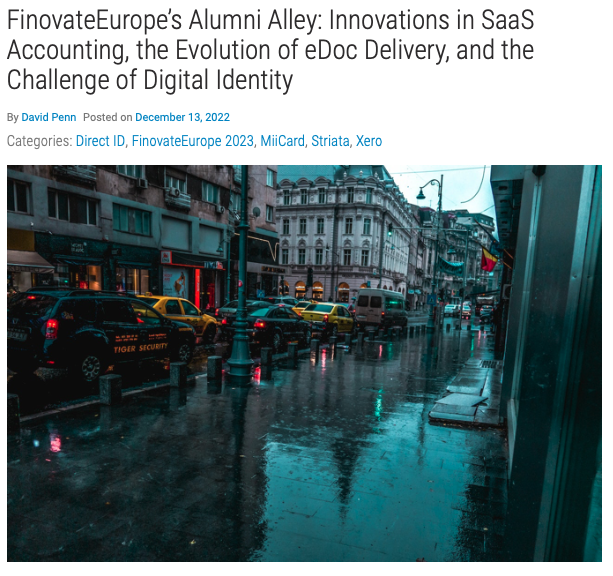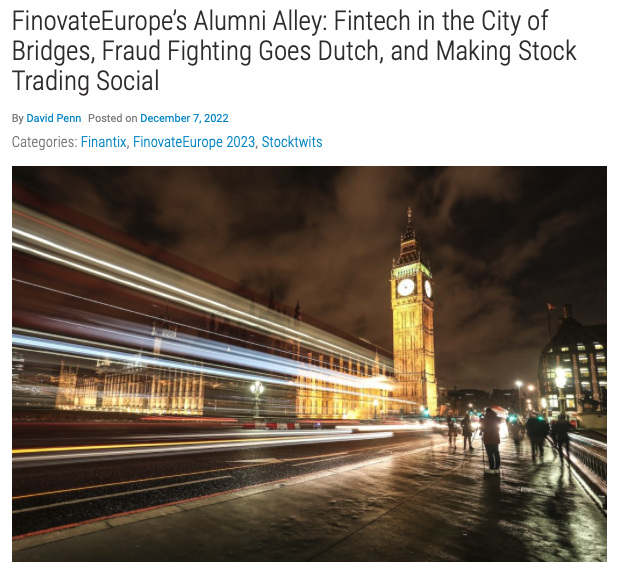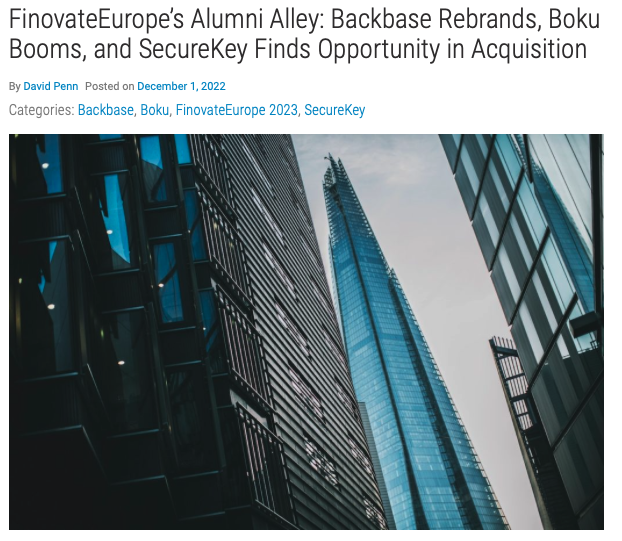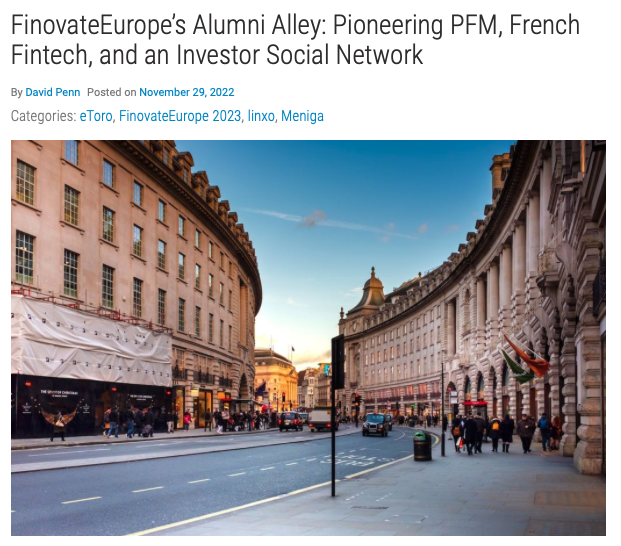
2023 is only a few days old but the merger and acquisition action in the fintech industry has already begun.
2022 featured a number of major fintech acquisitions – from Vista Equity Partners $8 billion purchase of tax compliance specialist Avalara to Technisys’ $1.1 billion acquisition of SoFi to Fiserv’s $650 million deal with Finxact. As the new year begins amid economic uncertainty and a technology industry that is contracting, will 2023 produce more deal-making activity in fintech or less?
With this question in mind, here’s a look at recent year-ending and year-beginning M&A activity from a pair of our Finovate alums: TipRanks and TreviPay.
We learned last week TipRanks had agreed to acquire real-time financial news digital provider, The Fly. Terms of the transaction were not disclosed. Founded in 1998 and headquartered in New Jersey, The Fly is a leading digital publisher that offers a live-streaming subscription service featuring short form stories and content on publicly-traded companies.
“TipRanks is a natural home for The Fly,” company President Ron Etergino said. “Both companies strive to level the playing field for investors and TipRanks’ institutional-grade research tools and data will enhance The Fly’s financial news products.”
With its technology that provides market research tools to retail investors and traders, TipRanks took Finovate audiences by storm in its debut appearance in 2013. The New York-based company won Best of Show at both FinovateSpring in May of that year and again at FinovateFall in September.
More recently, the Tel Aviv, Israel and New York-based company launched a new solution that determined risk factors for publicly traded companies, as well as a tool that analyzes publicly traded companies’ online traffic. In 2021, the company raised $77 million in funding in a round led by Prytek. Last year, TipRanks introduced country-specific websites for Australia, Canada, and the U.K.
TipRanks’ acquisition of The Fly is designed to further the company’s mission of becoming a “one-stop-shop platform for the retail investor,” according to CEO Uri Gruenbaum. “We see a lot of synergy between our companies and are excited that we can expand our offerings to provide breaking news – one of the top requirements of our Enterprise customers and end users,” Gruenbaum said.
Subject to customary closing conditions, the transaction is expected to close in Q1 of this year.
Amid the flurry of year-ending news, one alumni acquisition we missed was TreviPay’s decision to acquire payments platform Apruve early last month. Headquartered in Overland, Kansas, and making its Finovate debut last September at FinovateFall, TreviPay supports B2B commerce with its payments and invoicing network designed to optimize transactions between buyers and sellers. The company’s acquisition of payment platform Apruve is designed to help complement and add to TreviPay’s current order-to-cash technology and merchant invoicing solutions.
“The acquisition of Apruve will accelerate our advancement in the technology manufacturing vertical and expand our geographic reach into key Asian markets,” TreviPay CEO Brandon Spear said.
Terms of the transaction have not been disclosed, but all Apruve employees will be retained post-acquisition. Apruve was TreviPay’s second acquisition of 2022, having purchased B2B invoice payments network company BATON Financial Services in February.
With 90,000 buyers and 80,000 seller locations around the world, TreviPay automates the order-to-cash process via omni-channel checkout options, localized B2B invoicing, managed receivables, and fraud and risk management. The company’s tailored payments and invoicing networks enable merchants and suppliers alike to develop more profitable and enduring trade relationships. TreviPay processes $7 billion in transaction volume across 32 countries and 19 different currencies.
Founded in 1980, TreviPay demoed its Small Business Supplier Network (SBSN) at FinovateFall 2022. The offering gives banks the ability to grow its small business product offerings by enabling them to tap into the small business B2B trade credit market.
















